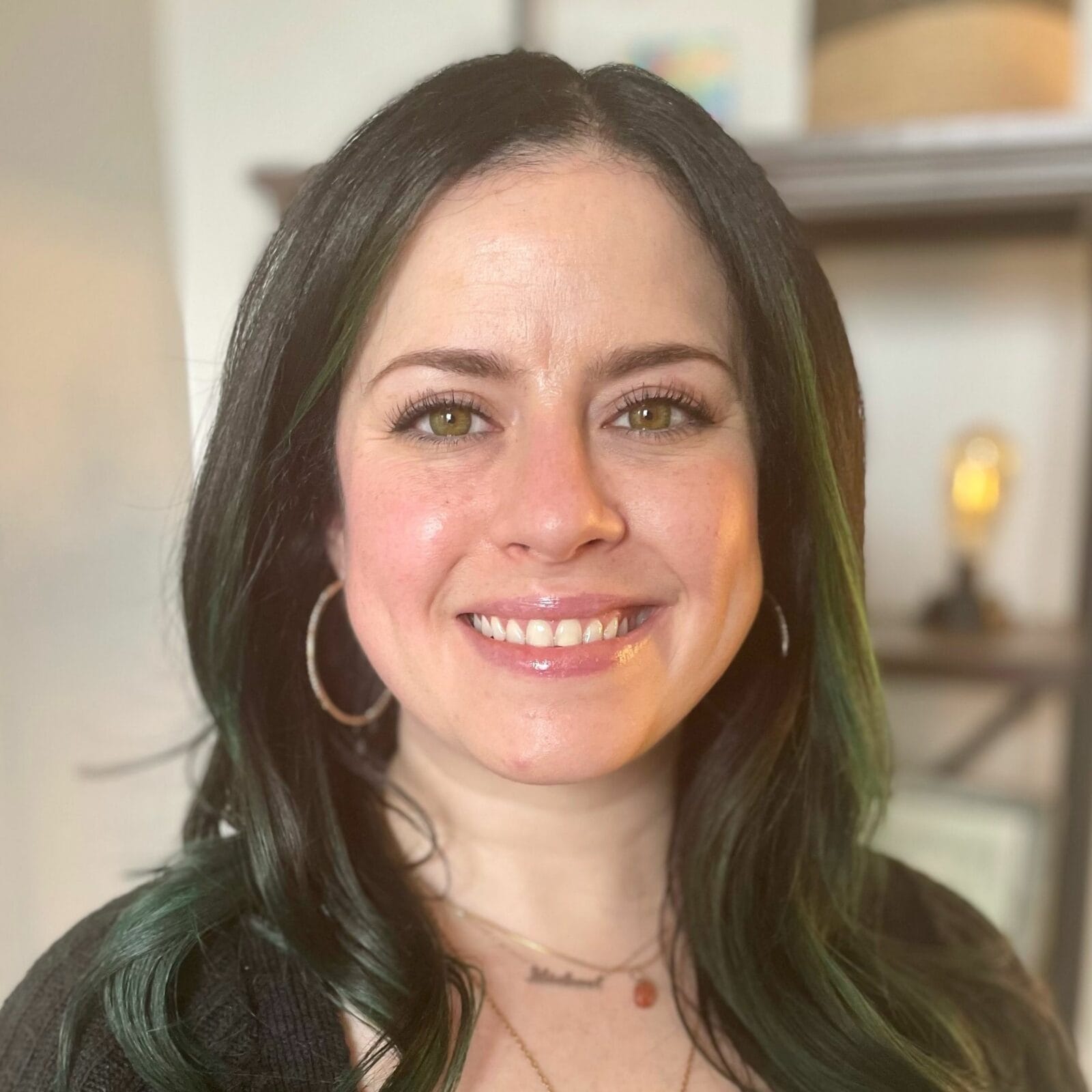
What Is Executive Functioning?
Executive functioning is cognitive skills and capacities that control and manage other abilities and behaviors. They help us plan, focus attention, remember instructions, juggle multiple tasks successfully, and regulate our behavior. These functions can be divided into two main areas:
- Organizational and planning skills: This involves the ability to foresee future events, set goals, and develop a plan of action.
- Regulatory abilities include the capacity to self-regulate one’s emotions, thoughts, and behavior in response to different situations.
Understanding and improving these functions can significantly enhance productivity, emotional well-being, and overall life satisfaction. Our therapists are committed to helping you strengthen these essential skills, setting the foundation for personal and professional growth.
Our Specialists & Dissociation Therapists in Philadelphia
What is Executive Dysfunction?
Executive dysfunction is a term for the range of cognitive, emotional, and behavioral difficulties that often occur after injury to the brain’s frontal lobes. Impairment of executive functions is common in people with Attention Deficit Hyperactivity Disorder (ADHD), Autism, and various mental health issues.
Those experiencing executive dysfunction can struggle with planning, problem-solving, organization, and time management. They may also need help with working memory, flexible thinking, and self-control. These difficulties can significantly impact a person’s everyday life, affecting their performance at work, school, or social interactions.
We understand the challenges that come with executive dysfunction. Our therapy is designed to provide you with strategies and techniques to manage these challenges effectively, helping you to navigate your daily life with greater ease and confidence.


What Are Some Examples of Executive Dysfunction?
Executive dysfunction can manifest in various ways, and its impact can be seen in different areas of a person’s life. Here are some examples:
- Difficulty Planning and Organizing: This could mean struggling to manage time effectively, failing to plan for tasks or projects, or having trouble keeping track of belongings.
- Impulsivity: Individuals might act without considering the consequences, leading to rash decisions or inappropriate behavior.
- Trouble with Task Initiation: Starting tasks can be challenging, resulting in procrastination or avoidance.
- Problems with Working Memory: This might involve difficulty remembering instructions, forgetting important details, or losing track of tasks in progress.
- Struggles with Emotional Control: People may have trouble managing emotions, leading to outbursts or mood swings.
- Difficulty with Flexible Thinking: There may be a need for help to adapt to new situations, think outside the box, or consider alternative solutions to problems.
How To Deal With Executive Dysfunction
Dealing with executive dysfunction can be challenging, but with the right strategies and support, individuals can manage their symptoms and improve their quality of life. Here are some strategies:
- Use of Tools and Technology: Tools like planners, calendars, reminder apps, and timers can help manage time and stay organized.
- Break Down Tasks: Large tasks can be overwhelming. Breaking them into smaller, manageable parts can make them seem less daunting.
- Establish Routines: Regular routines can reduce the need for planning and decision-making.
- Mindfulness Practices: Mindfulness can help improve focus and reduce impulsivity. Techniques include meditation, yoga, or deep-breathing exercises.
- Therapy and Coaching: Cognitive-behavioral therapy (CBT) can provide strategies for managing executive dysfunction. An ADHD or executive function coach can also provide personalized strategies and support.
- Medication: In some cases, medication may be recommended by a healthcare provider to manage symptoms.
Remember, everyone’s experience with executive dysfunction is unique. What works well for one person might not work as well for another. Working with a healthcare provider or therapist is important to develop a personalized plan. At The Better You Institute, we’re committed to helping you find effective strategies that fit your needs and lifestyle.


Therapy For Executive Functioning
Therapy for executive functioning is a highly personalized approach that addresses the unique challenges each faces due to their executive dysfunction. Cognitive Behavioral Therapy (CBT) is often utilized as it helps individuals identify problematic behaviors or thought patterns and learn how to replace them with more beneficial ones.
In addition, therapy can provide skills related to executive functioning, such as time management, organization, problem-solving, and emotional regulation. Regular physical exercise has also been shown to improve executive functioning by increasing blood flow to the brain and promoting growth.
Stress management techniques like meditation, yoga, and deep breathing can also improve symptoms associated with weak executive function. Executive function therapy can help you understand these skills and how to develop them.
While medication is not a cure-all, it can be combined with other treatments to manage symptoms. Common medications used to treat executive function Disorder include stimulants, antidepressants, and antipsychotic medications.
Remember, everyone’s experience with executive dysfunction is unique. What works well for one person might not work as well for another. Working with a healthcare provider or therapist is important to develop a personalized plan that suits your needs and lifestyle.








